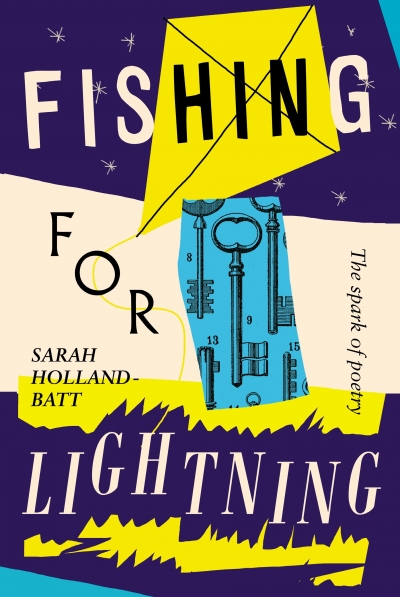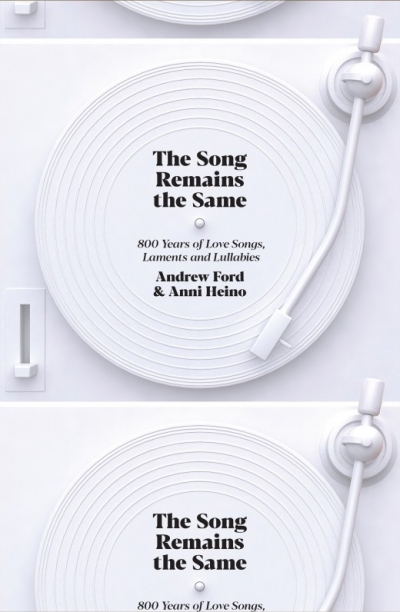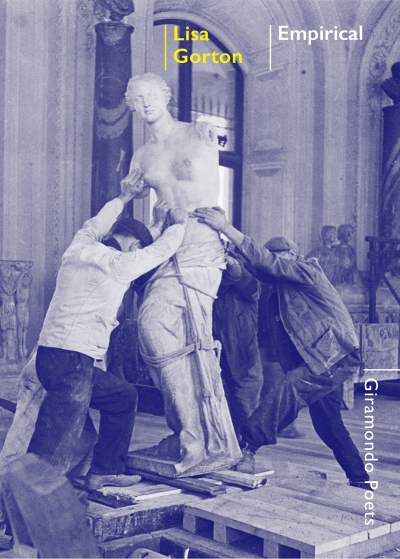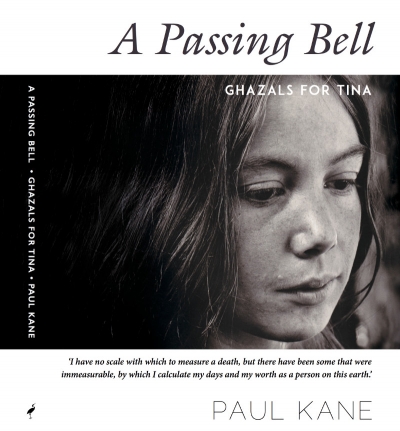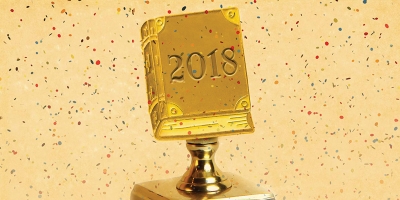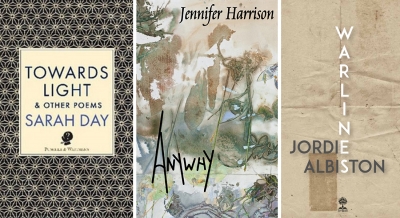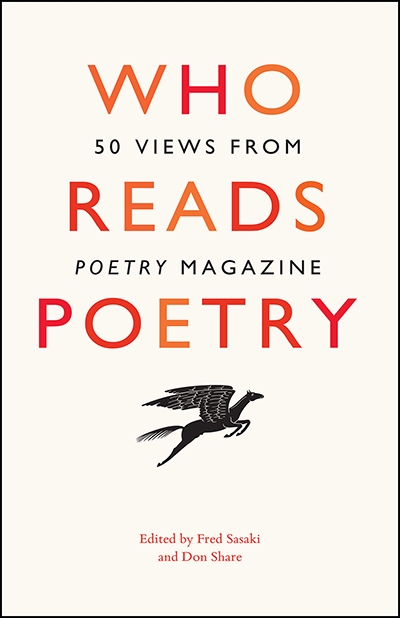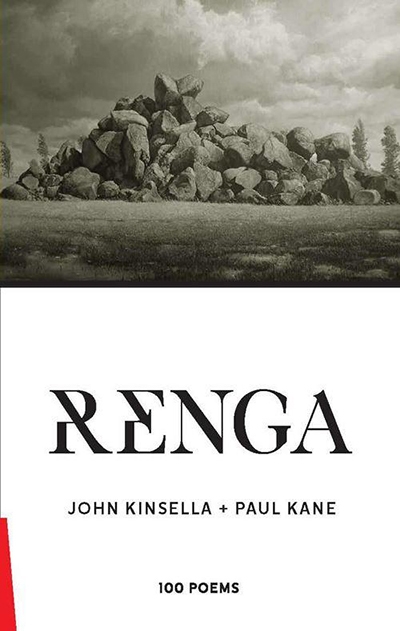David McCooey
Fishing for Lightning: The spark of poetry by Sarah Holland-Batt
Peter Boyle’s Enfolded in the Wings of a Great Darkness (Vagabond Press, $25 pb, 82 pp) is a book-length elegiac poem dedicated to his partner, the anthropologist Deborah Bird Rose (1946–2018). Unlike other works lamenting the illness and loss of a spouse, Boyle’s collection largely avoids representing the day-to-day demands of suffering from (or caring for someone suffering from) an incurable disease. Instead, Boyle’s poetry sequence offers a more metaphysical approach to the uncertainty and grief that he and his partner faced.
... (read more)The Song Remains the Same: 800 years of love songs, laments and lullabies by Andrew Ford and Anni Heino
To celebrate the best books of 2018, Australian Book Review invited nearly forty contributors to nominate their favourite titles. Contributors include Michelle de Kretser
... (read more)Sarah Day’s début collection, A Hunger to Be Less Serious (1987), married lightness of touch with depth of insight. In Towards Light & Other Poems (Puncher & Wattmann, $25 pb, 108 pp, 9781925780024), Day continues this project in poems concerned with light, a thing presented as both ...
... (read more)In an age when the news is relentlessly bad, it is tempting to think that we can turn to poetry as either a flight from the pathological politics of our time, or a higher commentary on it. As the poets in this year’s Victorian States of Poetry Anthology show, poetry’s relationship with the news of the day is more complex than that.
Who Reads Poetry: 50 views from Poetry Magazine edited by Fred Sasaki and Don Share

